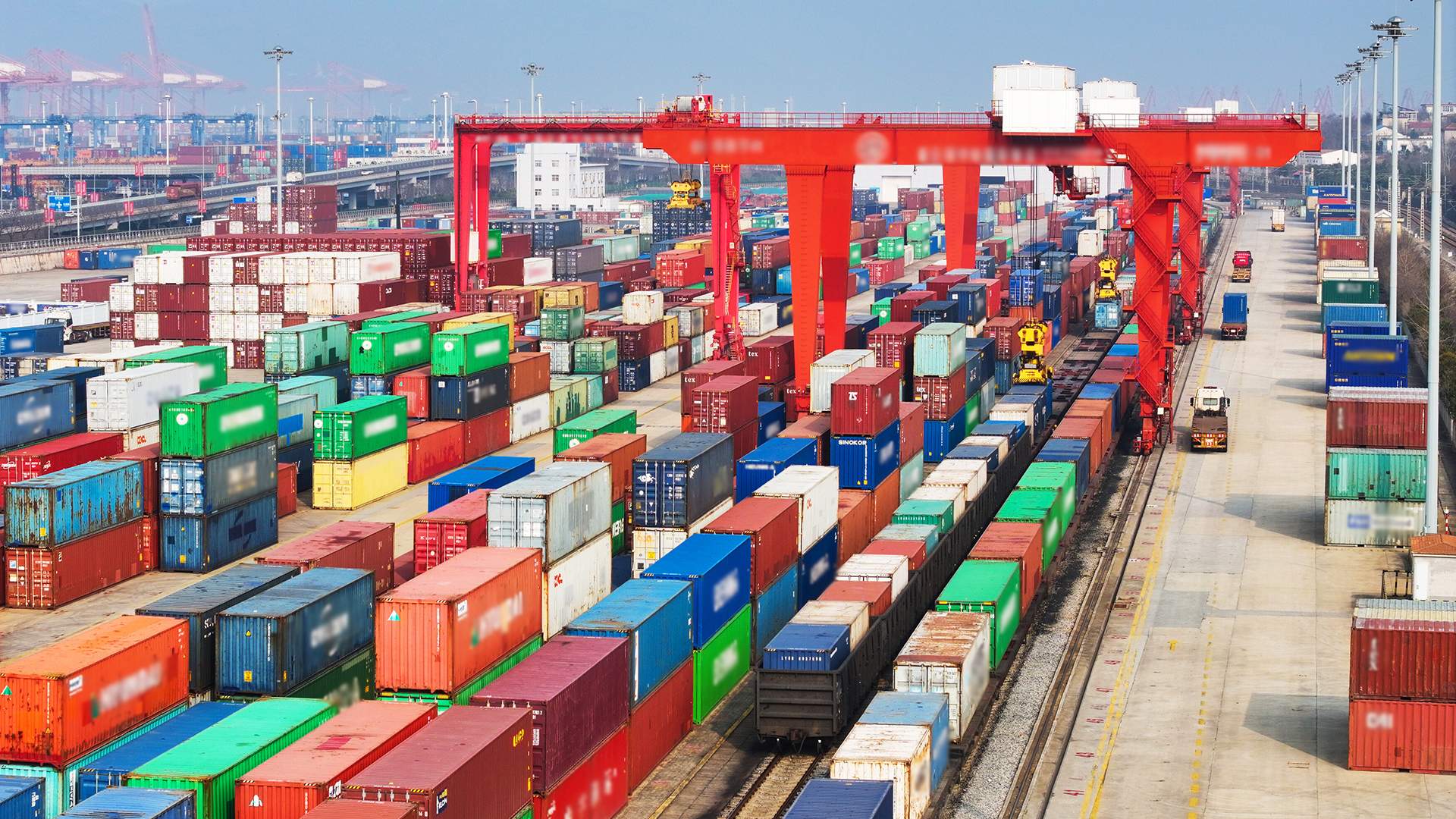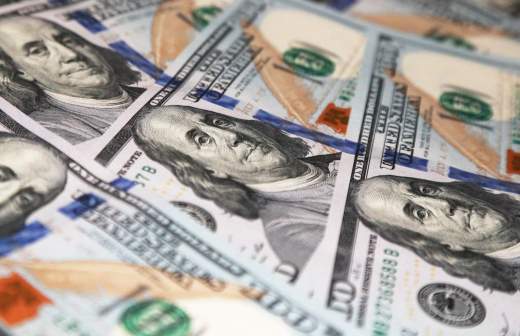A dangerous dilemma: what will Europe and Asia do against the US tariffs

The duties imposed by the Donald Trump administration against most of the rest of the world have had a devastating effect. Although the introduction of tariffs from April 2 was announced for several weeks in a row, no one expected such high values. Stock markets have collapsed all over the world, including in the United States, and experts predict a recession on an almost global scale. Trump's decision has put the heads of US trading partners in front of a fork — what to do in response? Initial reactions range from willingness to make large-scale concessions to the harshest possible response. Moreover, the latter can only make the situation worse. Details can be found in the Izvestia article.
US duties: against which countries and to what extent
Trump's tariffs, oddly enough, turned out to be completely apolitical. Their size was calculated using a special formula (according to the US Department of Commerce), but, according to economists, everything was simpler: the volume of the deficit was divided by the volume of imports from a particular country. Based on this value, the amount of the fee was also set. It is not surprising that the maximum figures were not even from China, but from Vietnam, and countries like Brazil received minimum duties of 10%. There was no differentiation based on the principle of "ally – neutral – enemy". Hungary, Israel, and Italy received duties, and they are very significant, and the current White House has good cooperation with them.
The reaction of foreign countries was not long in coming. Some began to prepare countermeasures even before the tariffs were introduced. Others are at a loss and still pondering. Still others have already imposed anti-American duties. Let's look at specific examples of the largest trading partners of the United States.
China
China, of course, turned out to be the main target for American duties. By April 2, Beijing was already subject to duties of 34%, and this is in addition to tariffs imposed under the previous administration (for example, on electric vehicles). Now measures based on "reciprocity" have been added to them, as a result of which the average tariff rate for products from China has reached an impressive 67%.
The United States remains China's main market (exports of goods totaled about $440 billion, excluding services), and the consequences of imposing such heavy duties can be very unpleasant. Especially considering that China is going through difficult times in the real estate market and is trying to boost its economy by betting on exports — domestic demand is growing too slowly to become the main driver of GDP. The new tariffs are prohibitive, and many products from China will simply cease to be competitive in the American market.
The Chinese are asking the United States to reconsider the decision, but at the same time emphasize that in the absence of an agreement, they will have no choice but to take retaliatory measures. Most likely, they will affect most of the American exports to China ($150 billion). Duties have already been imposed on some goods, such as agricultural supplies, based on the fact that these are the most sensitive sectors of American industry to such restrictions.
Vietnam and Southeast Asia
South of China, the mood is much more peaceful. Vietnam is the main victim of the new wave of tariffs. For local products, shipments to the United States will now cost 90% of the additional cost, which is a world record. Hanoi immediately called for negotiations over the duties. At the same time, at the end of March, the Vietnamese leadership promised to reduce its import duties on American goods, including LNG and automobiles, as well as to approve Starlink communication systems on an expedited basis.
Similar reactions are coming from Thailand, Indonesia and other countries in the region. They basically have no ambitions to stand up to the United States, and they want to prevent their exports from collapsing first. None of the ASEAN countries mentioned any retaliatory measures against American products.
Europe
The EU, as America's oldest ally, is in the most unpleasant position. The continent is facing a recession due to rising energy prices due to the conflict with Russia, and tariffs can become a death sentence for the continent's industry, literally putting it in a sandwich between problems with Russia and America at the same time.
The reaction is still mixed. For example, German Economy Minister Robert Habeck called for negotiations on duties, but allowed a full-fledged response in case of their failure. In turn, French President Emmanuel Macron is much more belligerent. He called on French companies to suspend investments in the United States, and also allowed the imposition of duties on American digital services.
Apparently, there will be no single response from the EU to America's actions. In the current extreme situation, each country will try to save itself. Many of them (Italy and Hungary mentioned above) still count on special relations with the United States. But while the negotiation process has not been established, it is obviously too early to talk about this.
While politicians in Europe are threatening to respond to US duties, business has a different mindset. For example, major automakers are thinking about moving production overseas. For European automakers, the American market has generally been a gold mine lately, helping them survive in the current difficult conditions.
First, the purchasing power of a US resident remains much higher than that of Europeans or Asians: even in the poorest states, Americans earn more in dollars, despite the fact that the difference in the cost of international goods is small (they are often even cheaper in the US). Secondly, the transition to electric vehicles in America is much slower than in China and the EU. Therefore, European and especially German manufacturers are now pinning great hopes on this market, where sales are booming. Thus, Mercedes' revenue from the sale of GLC crossovers in the United States in 2024 immediately increased by 58%.
It is not surprising that, against the background of falling quotations, automakers are ready to take extraordinary steps to protect their market share. Mercedes and Volvo are talking about moving additional production facilities to America. At the same time, the companies already have factories in the southern states of the United States: the Germans in Alabama, the Swedes in South Carolina. But this is not enough: many parts for them are supplied from Europe. BMW is constantly expanding American production, but still about 60% of the Bavarian concern's products in America are imported.
In general, anti-American duties, if they happen, will have no less devastating effect. The volume of global trade in the world will fall further, which really threatens a global recession. On the other hand, if global market participants bend under Washington, this will clearly mitigate the negative consequences for the global economy. But this means additional damage to their industry.
Переведено сервисом «Яндекс Переводчик»








